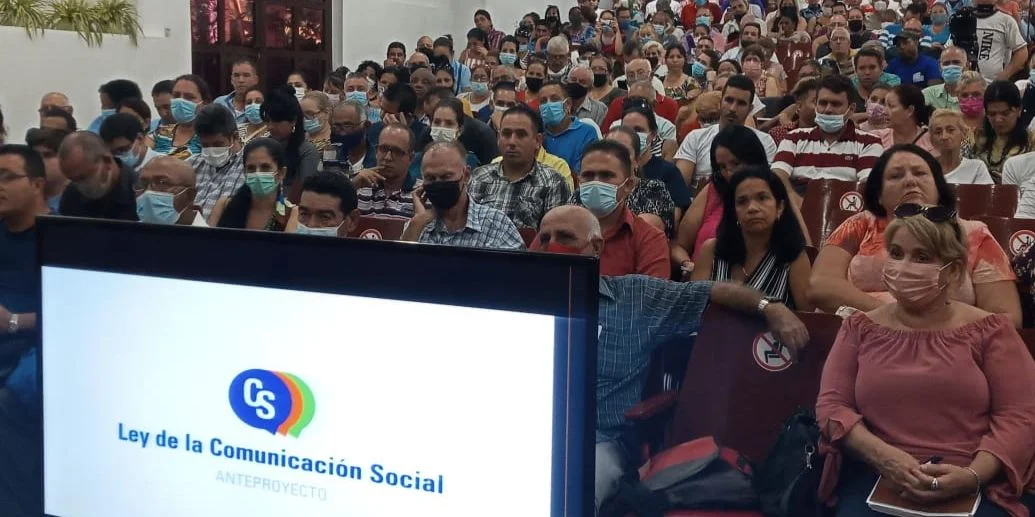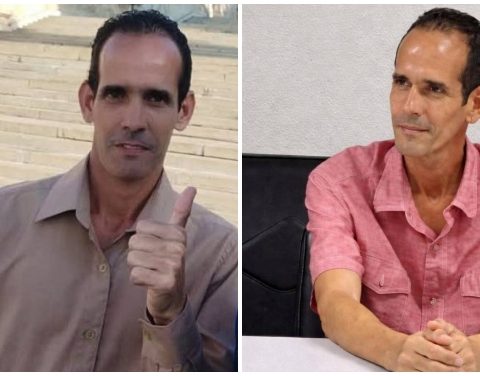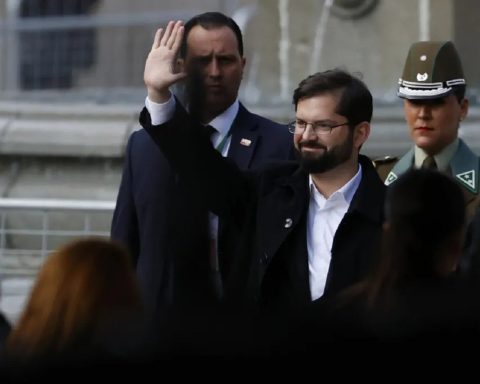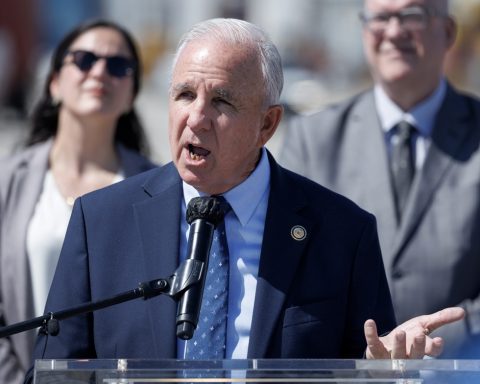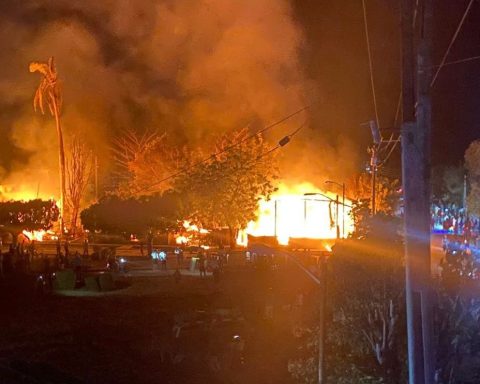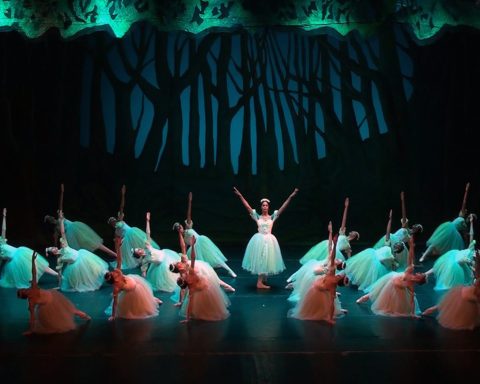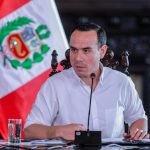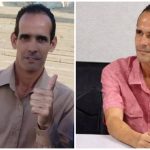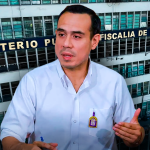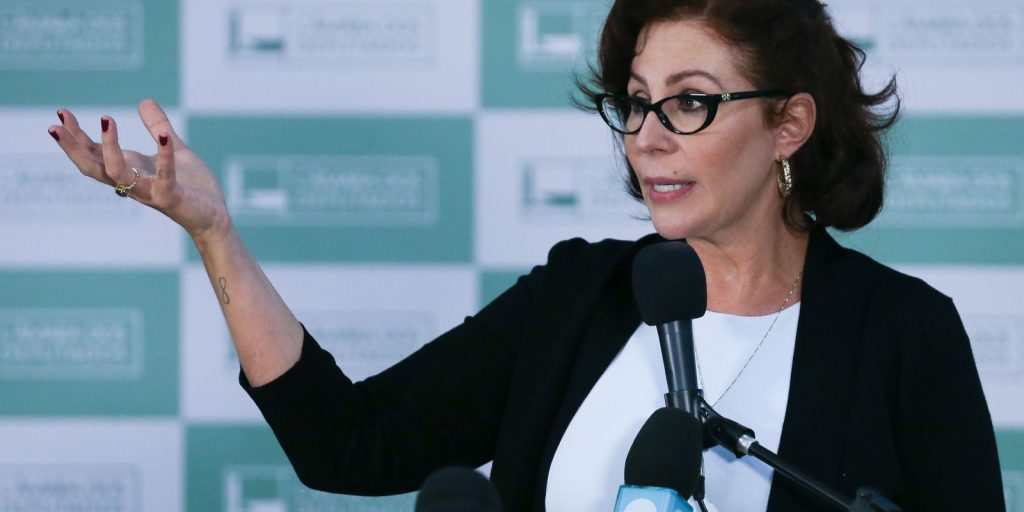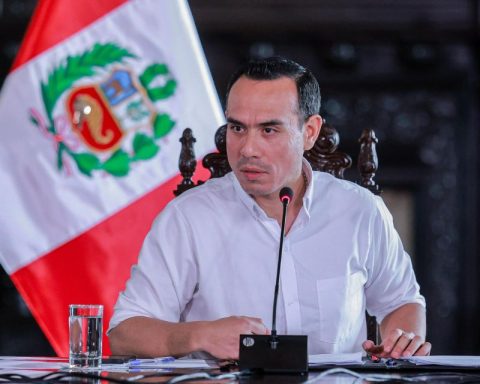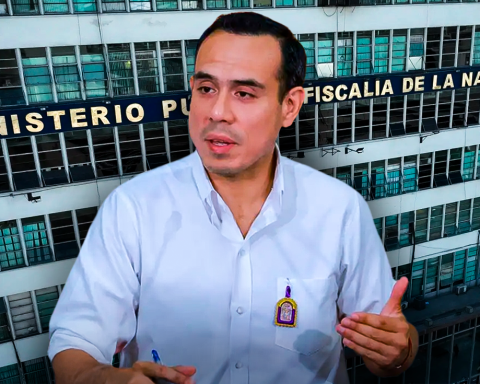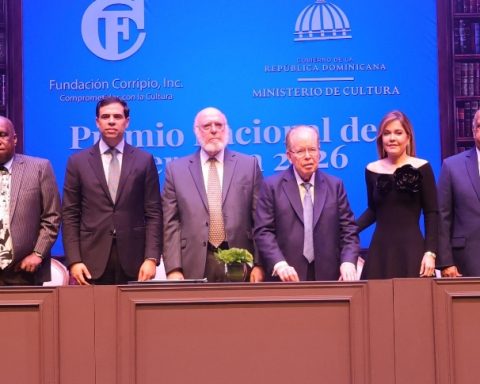MIAMI, United States. – We are referring here to the Social Communication Law of 2023. This law ratifies articles 1, 10, 13, 16 (paragraph m), 53, 55, 61, 97, 101 (g) and 101 (h) of the 2019 Constitution and responds to the so-called social communication policy of the Cuban State and Government, which “defines the relevance of articulating the country’s Social Communication System.”
The law recognizes the contribution of social communication as a vehicle to: a) strengthen the unity of the people, b) consolidate the ideology of socialist society, and c) defend the independence, sovereignty and security of the homeland. The regime of Miguel Díaz-Canel considers this law as an element “of greater importance in the scenario of political, ideological, economic, communicational and cultural war that the Cuban Revolution faces.”
In the legal field, the law also supports: a) the decisive role of social communication in the sustainability and prosperity of the nation, b) the political will of the State, which considers it an essential pillar of its management, and c) it is inspired by the legacy of Fidel Castro Ruz, “the great communicator of the Revolution.” In other words, it is inspired by what the “maximum leader” proposed in 1961 in his fateful “Words to the intellectuals.”
The law is based on Cuban practice in this field, that is, on a whole chronology of repressive actions, from the censorship of short films P.M in 1961; the closure of Ediciones El Puente in 1965; the forced labor camps known as UMAP between 1965 and 1968; the Gray Five-Year Period between 1971 and 1976; the homophobic parametration of the 70s; the Gag Law of 1999, the Black Spring 2003Decree-Law 35 of 2021 on telecommunications; Decree 349 and Decree-Law 370, both from 2018. Decree 349 imposed mandatory permission from the Ministry of Culture for any cultural or artistic action, and serious limitations on artistic content, and 370 annihilated freedom of expression on the Internet.
The draft law was reviewed by the Secretariat and the Political Bureau of the Central Committee of the Communist Party, as were the Council of Ministers and the Council of State, before it was reviewed and eventually ratified by the National Assembly of People’s Power.
In other words, this law is clearly a political document, politicized and programmed to penalize the exercise of communications within the unique norms of the one-party socialist state that cannot be altered, changed or replaced under any circumstances by Cubans, as stated in the 2019 Constitution.
The Social Communication Law was drafted (and went through 34 versions) inspired by the fundamental agreements and approaches of congresses and other forums of organizations such as the Union of Cuban Journalists (UPEC), the Cuban Association of Social Communicators (ACCS), the Union of Writers and Artists of Cuba (UNEAC), the Hermanos Saíz Association, the Ministry of the Armed Forces, the Ministry of Foreign Affairs and the Ministry of the Interior.
In other words, it is clearly designed to apply to established and young journalists, writers and artists, as well as academics, which means that it is specifically designed to restrict the rights to free expression of all Cuban creators, communicators, intellectuals and academics, especially independent and dissident ones. This law makes censorship absolutely legal in Cuba.
According to the law itself, its purpose is to “regulate the Social Communication System (…) for political purposes (…) both in physical and digital public spaces” (Chapter 1 Art. 1). It was also proposed that it would apply to all State agencies and entities and “other natural and legal persons, Cuban and foreign, who reside permanently or temporarily or transit through the national territory” (Chapter 1 Art. 2).
This includes, at the community level, “people and groups who interact and share, in the community, interests, attitudes, knowledge, customs, feelings, needs and traditions”; that is, it includes everyone, revolutionary and dissident alike (Chapter 2 Art. 4.3.c).
The law “acts in accordance with the socialist state and the ideas of social emancipation of Marx, Engels and Lenin” (Chapter 2, Art. 5.1) and states, in Chapter 2, Art. 7.a, its purpose of “defending the independence, integrity and sovereignty of the homeland and preserving national security”. In Chapter 4, it is mentioned (in paragraph 3.a) as a requirement “that in no case may they be used with the aim of subverting the constitutional order and destabilizing the socialist state”. And in 3.i, that “the persons, organs, agencies and entities of the State, political, mass and social organizations of the country” may not be defamed, slandered or insulted.
Conclusion: Independent journalists imprisoned, academics dismissed from their chairs, intellectuals not allowed to return to Cuba, and artists and writers censored and monitored by repressive media are subject to harassment and persecution because, according to the regime, they collaborate with the supposed enemy (the US) and are endangering sovereignty and national security.
“National security” is understood as the security of the dictatorial socialist regime. Today, anyone who thinks differently, or expresses himself, protests, writes, or demonstrates in any way against the dictatorship or outside its canons, and demands respect for his civil and human rights, is violating this Law of Social Communication, and has been and will continue to be penalized and punished according to the new Penal Code.
Writing and thinking in Cuba today excludes any possibility of doing so freely without fear of reprisals. Reprisals range from the expulsion of a student from the university or a professor from his or her chair, to 10 or 15 years in prison; from total censorship within the country and being erased, to forced banishment or the obligation to go into exile “voluntarily.”
It should be added that, at present, Prisoners Defenders denounces the existence of 1,106 political prisoners on the Island, of which 119 are women (two of them trans women, whom the regime keeps interned in men’s prisons, in the worst and most precarious circumstances).
Among the 119 political prisoners, there are dozens of independent journalists who can also be considered writers by profession.
